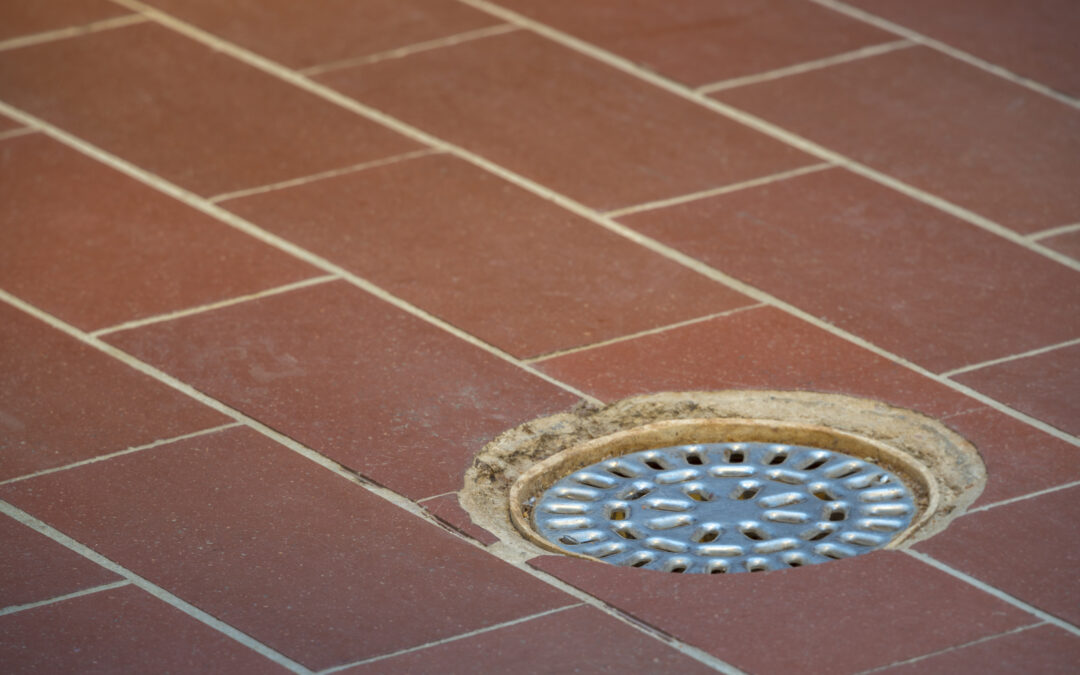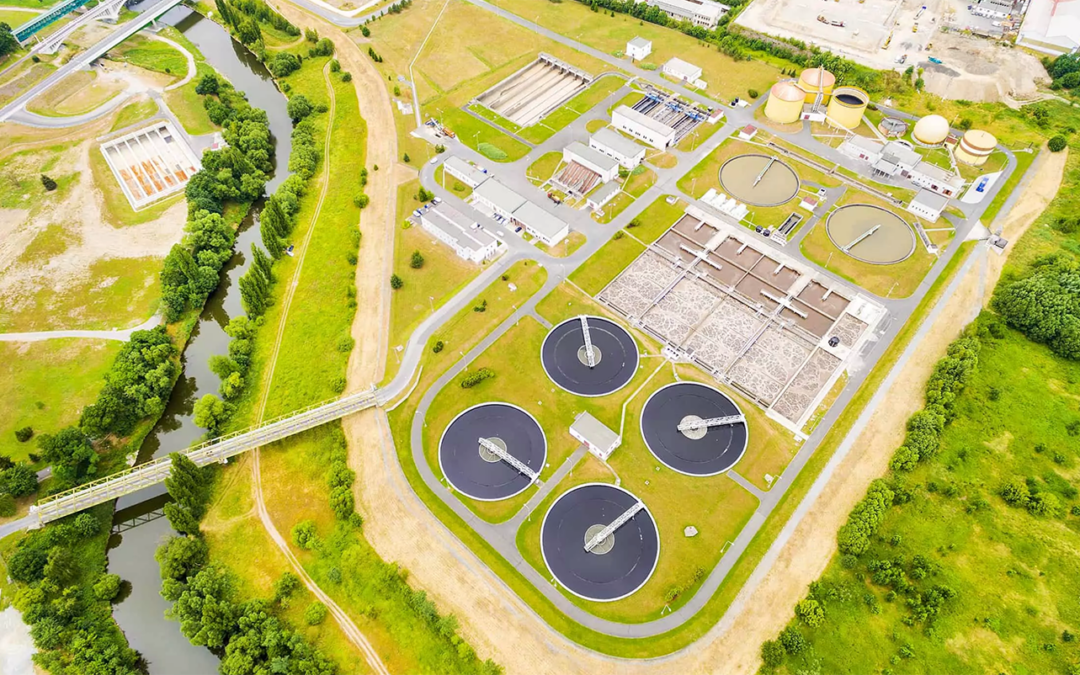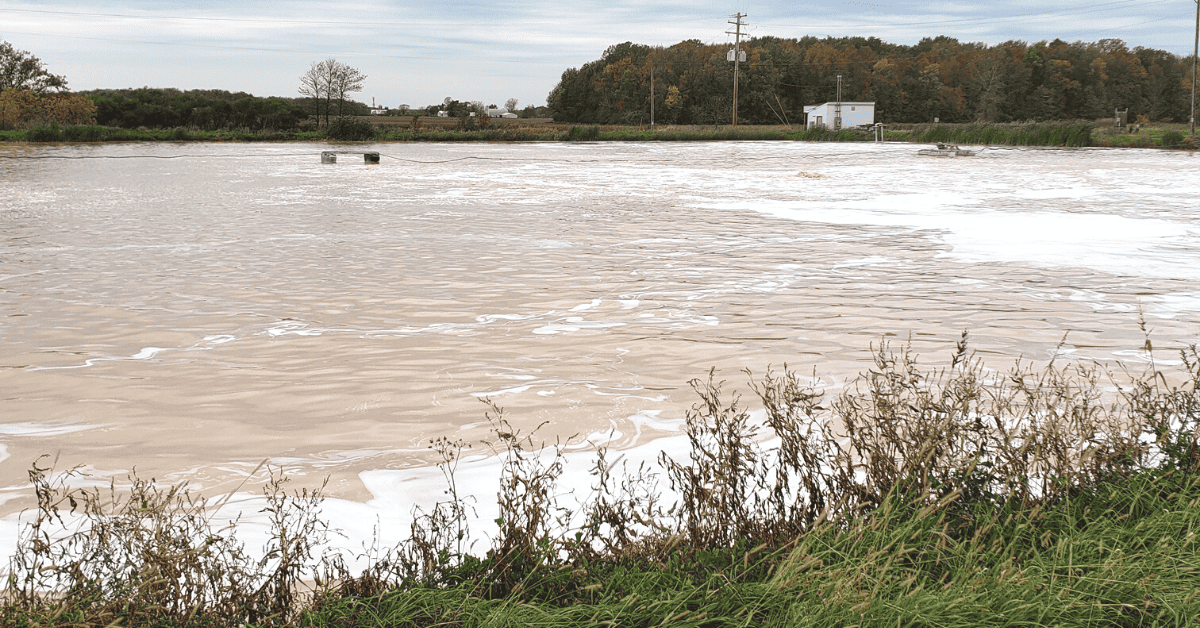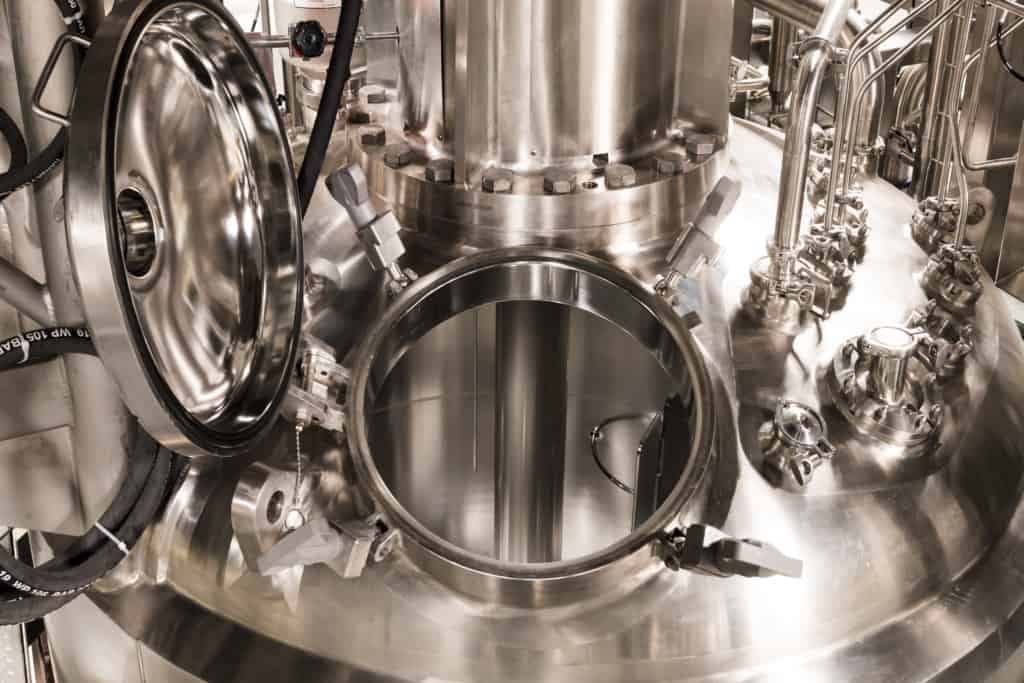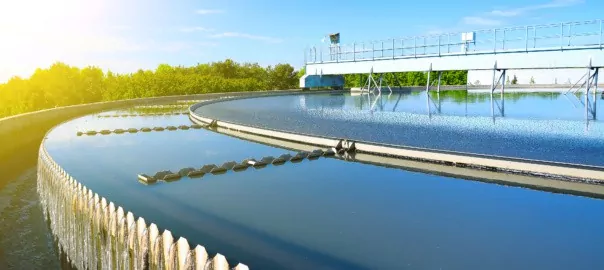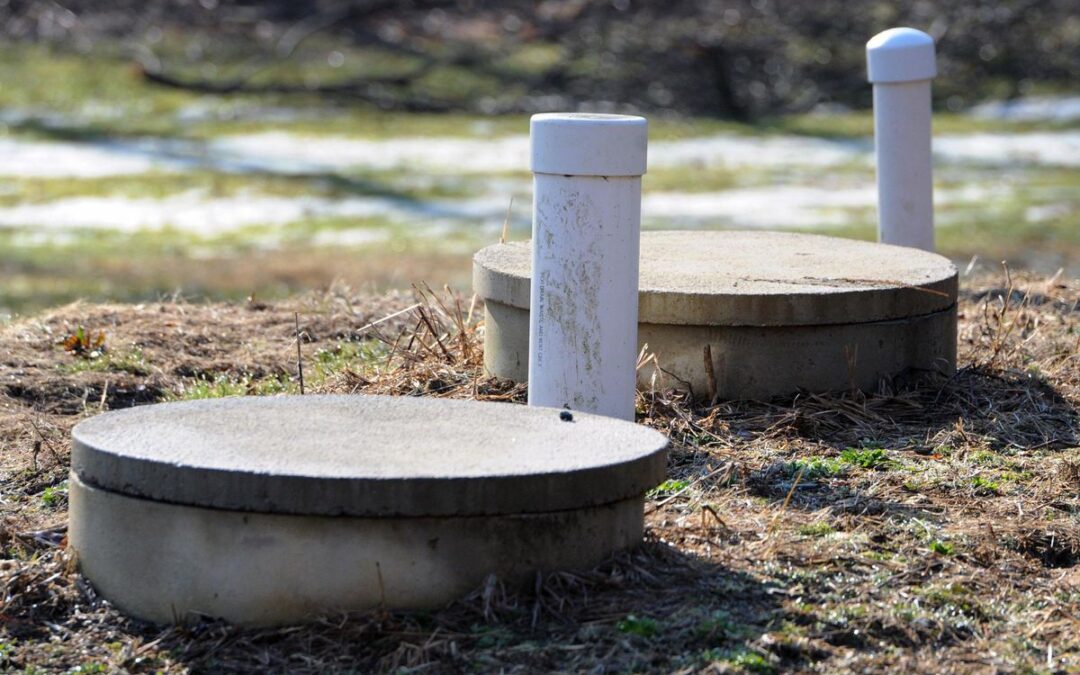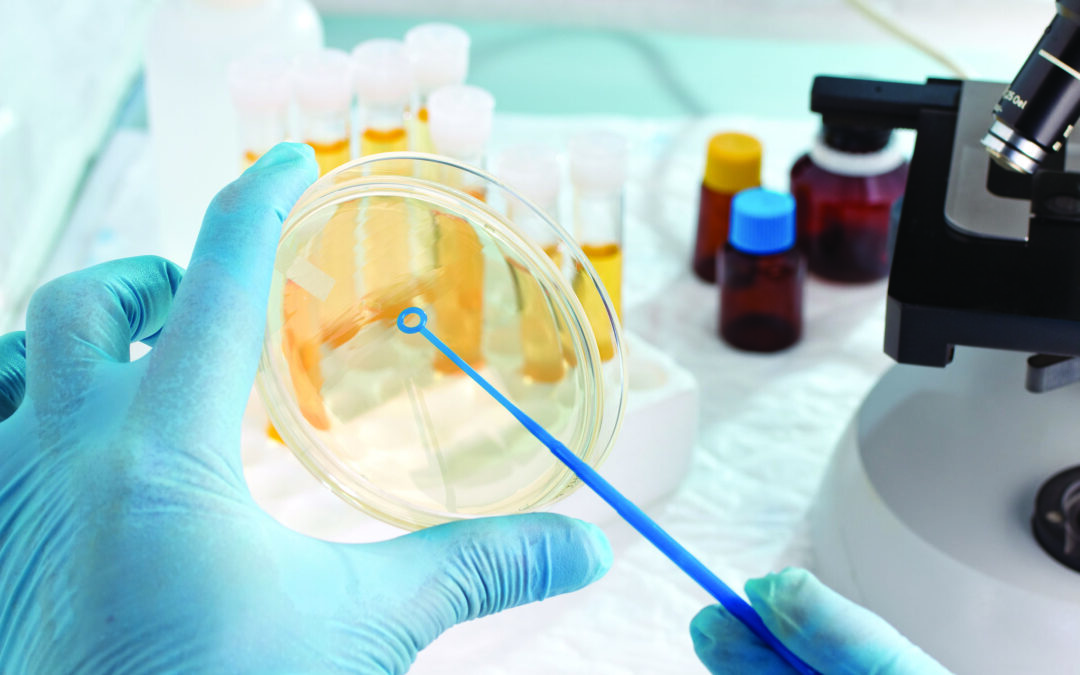With growing restrictions faced by ingredients used in cleaning products, Bacillus has found itself in a unique role as a solution. Clean ingredient incentive groups all over the world have taken a hard look at manufacturers of products used for industrial, institutional, janitorial and commercial cleaning. Of particular interest is the environmental impact these products elicit.
Many commodity ingredients of the past decades have experienced a great deal of scrutiny and limitation in use as of late. Nonylphenol ethoxylates, phthalates, caustics, acids and phosphates are just a few types of ingredients that were formerly used in abundance, but now have experienced restrictions by many environmentally conscious agencies. Alternatives to these ingredients with a lower bioburden are needed to bridge the gap between efficacious products of yesterday, and Earth-safe products of tomorrow.
To say that “Bacillus is biodegradable” is a gross underestimation of the power of Bacillus. Bacillus is the “Biodegrader!” Not only are Bacillus products able to attack and reduce the subject of your cleaning application, but these organisms will work to digest other residual materials in the site of interest. Even better, many strains of Bacillus are considered often “generally regarded as safe” (GRAS) with respect to, giving Bacillus manufacturers a vast variety of safe strain options.
A few agencies that may take an interest in your product ingredients:
The Environmental Protection Agency (EPA): Executive agency of the United States of America. In addition to domestic enforcement of environmentally conscious practices and products, this group works with formulators to certify products as “Safer Choice” (formerly known as the “Design for Environment” (DfE).) https://www.epa.gov/saferchoice/standard
State Governments: In 2017, California introduced the California Cleaning Product Right to Know Act of 2017. This law requires manufacturers of cleaning products to disclose ingredient information on both the product’s label and the company’s Web site in relation to the following “designated products”: “a finished product that is an air care product, automotive product, general cleaning product, or a polish or floor maintenance product used primarily for janitorial, domestic or institutional cleaning purposes”. https://www.issa.com/wp-content/uploads/issa_summary_ca_cleaning_product_rtk_act__002_.pdf
Canada: In 1994, Canada published the Domestic Substances List (DSL). This list captures all substances that are allowable for commercial import into the nation. https://www.canada.ca/en/environment-climate-change/services/canadian-environmental-protection-act-registry/substances-list/domestic.html In 2000, the Canadian Environmental Protection Act (CEPA) came into force. This act describes Canada’s regulations in effort to sustain and contribute to human and environmental health. https://www.canada.ca/en/environment-climate-change/services/canadian-environmental-protection-act-registry/related-documents.html
Green Seal: A global non-profit organization working to certify products based on health, sustainability and performance standards. Green Seal certifies products and facilities in accordance with their standards. https://greenseal.org/splash/
REACH (Registration, Evaluation, Authorisation and Restriction of Chemicals): ECHA (European Chemicals Agency) created a group in 2007 to regulate the ingredients entering the European Union. REACH is purposed with controlling chemicals to decrease the risk of an overburden to the environment. They have also established lists of restricted materials. https://echa.europa.eu/regulations/reach/understanding-reach
By no means are those mentioned above an exhaustive list of groups that bear consideration when formulating cleaning products. Depending on your intended markets and applications, other groups should be reviewed prior to launch of your product. Evolving regulations for the surfactants, buffers, builders and adjuvants of your product may put you in a difficult situation with compliance of your product line. MDG (Microbial Discovery Group) remains fluent and up to date in the ever-changing restrictions faced by the industry and can be considered a partner to ensure that the product you distribute will be safe to the environment as well as compliant to regulating agencies.
Contact your MDG sales rep for more information on how we can help you safely navigate the standards that enforce product ingredients.

